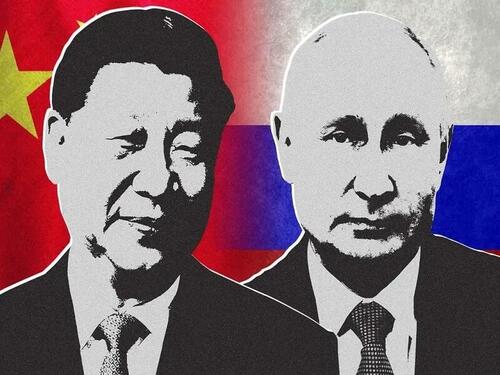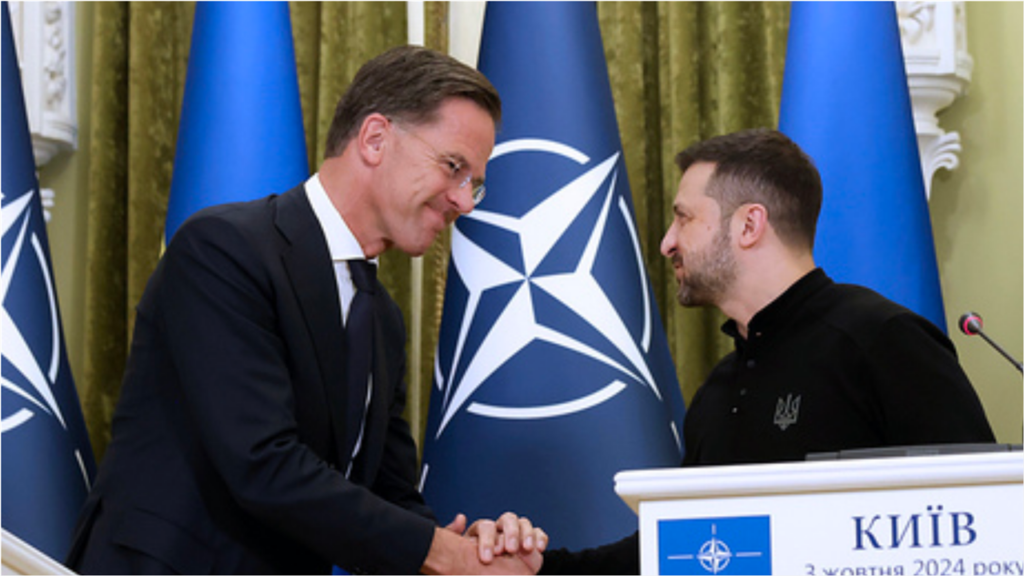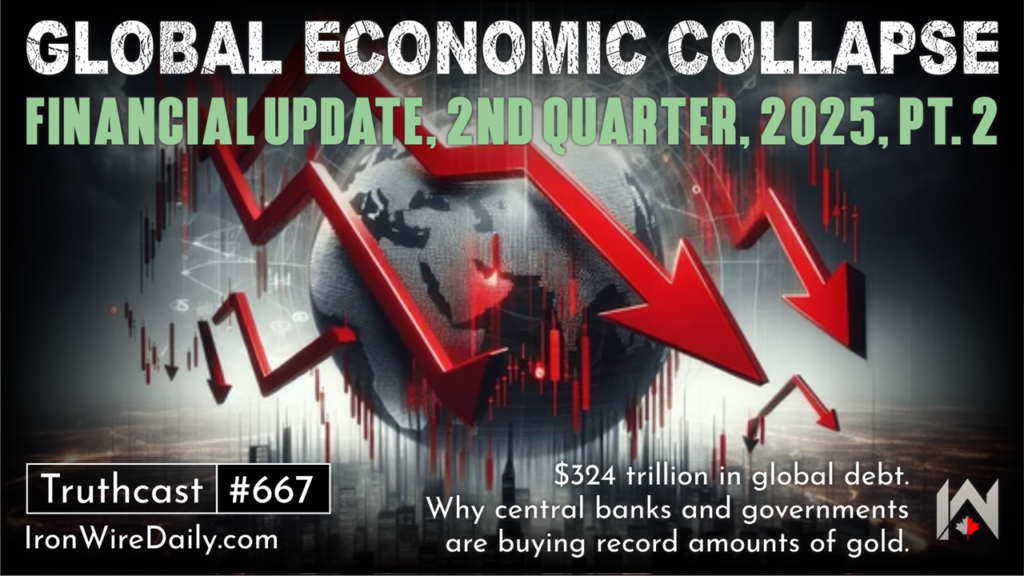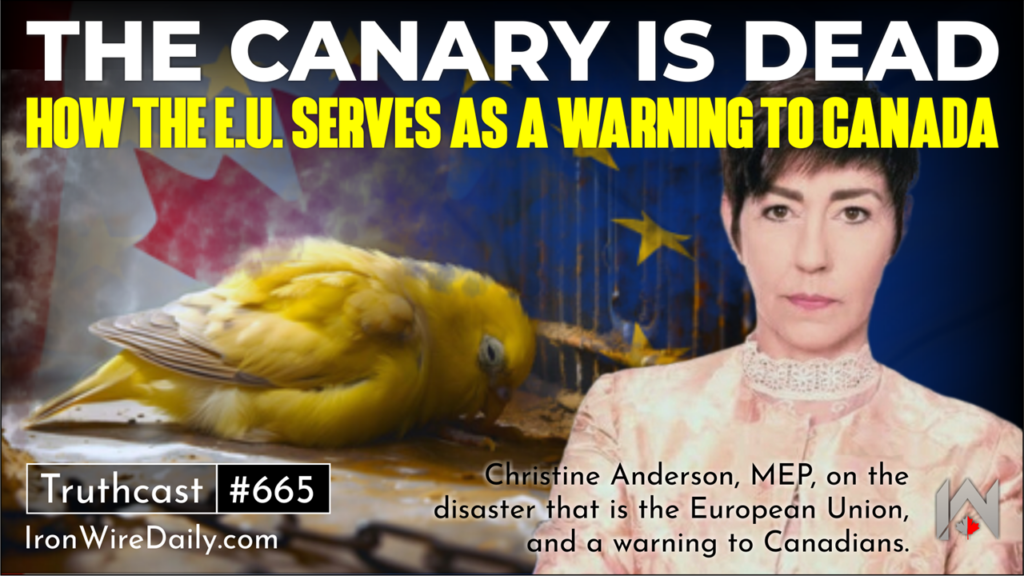China Might Not Want Russia To Lose, But It Might Not Want Russia To Win Either

Authored by Andrew Korybko via Substack,
A Russian loss would be catastrophic for China’s security, while a Russian victory could end the discounted energy bonanza that’s helping it maintain its economic growth amidst the slowdown, not to mention accelerate the US’ “Pivot (back) to (East) Asia” for more muscularly containing it.
The South China Morning Post (SCMP) cited unnamed sources to report that Chinese Foreign Minister Wang Yi told his EU counterpart that China doesn’t want Russia to lose in Ukraine because the US’ whole focus might then shift to China. His alleged remarks were spun by the Mainstream Media as an admission that China isn’t as neutral as it claims, just as they and their Alt-Media rivals suspected. Both now believe that China will help Russia win, as in obtain its maximum goals, but that’s likely not the case.
Assuming for the sake of argument that Wang did indeed say what was attributed to him, it would align with the assessment around the conflict’s one-year anniversary in February 2023 that “China Doesn’t Want Anyone To Win In Ukraine”. The SCMP channeled the gist of the preceding analysis by writing that “One interpretation of Wang’s statement in Brussels is that while China did not ask for the war, its prolongation may suit Beijing’s strategic needs, so long as the US remains engaged in Ukraine.”
To explain, not only would the US be unable to “Pivot (back) to (East) Asia” for more muscularly containing China at the scale that Trump envisages if the Ukrainian Conflict drags on, but the continued pressure placed upon the Russian economy by Western sanctions would benefit the Chinese economy. China already imports a staggering amount of discounted Russian oil, which helps maintain its economic growth amidst the slowdown that it’s experiencing, but this could end if sanctions were curtailed.
Additionally, the greater that China’s role becomes in serving as a valve for Russia from Western sanctions pressure (both in terms of energy imports for helping to finance the Russian budget but also exports that replace lost Western products), the more dependent Russia will become on China. The increasingly lopsided nature of their economic relations could then be leveraged to clinch the most preferential long-term energy deals possible as regards the Power of Siberia II and other pipelines.
These outcomes could restore China’s superpower trajectory that was derailed during the first six months of the special operation as explained here at the time, thus strengthening its overall resilience to US pressure and therefore making it less likely that the US can coerce a series of lopsided deals from it. It’s for this reason that Trump’s Special Envoy to Russia Steve Witkoff is reportedly pushing for the US to lift its energy sanctions on Russia in order to deprive China of these financial and strategic benefits.
The nascent Russian–US “New Détente” could restore the Kremlin’s energy clientele as a first step via phased sanctions relief, thus expanding its range of partners to preemptively avert the aforementioned Russian dependence on China, especially in the event of joint energy cooperation in the Arctic. The purpose, as explained here in early January, would be to deprive China of decades-long access to ultra-cheap resources for fueling its superpower rise at the US’ expense.
All in all, a Russian victory (whether in full or in part via compromises) could end the discounted energy bonanza that’s helping China maintain its economic growth amidst the slowdown, ergo why Beijing won’t send military aid or troops to facilitate this (apart from also fearing serious Western sanctions).
Likewise, the scenario of the West inflicting a strategic defeat on Russia would be catastrophic for China’s security, ergo another reason for the aforesaid imports in order to help Russia maintain its war economy.
Loading…











